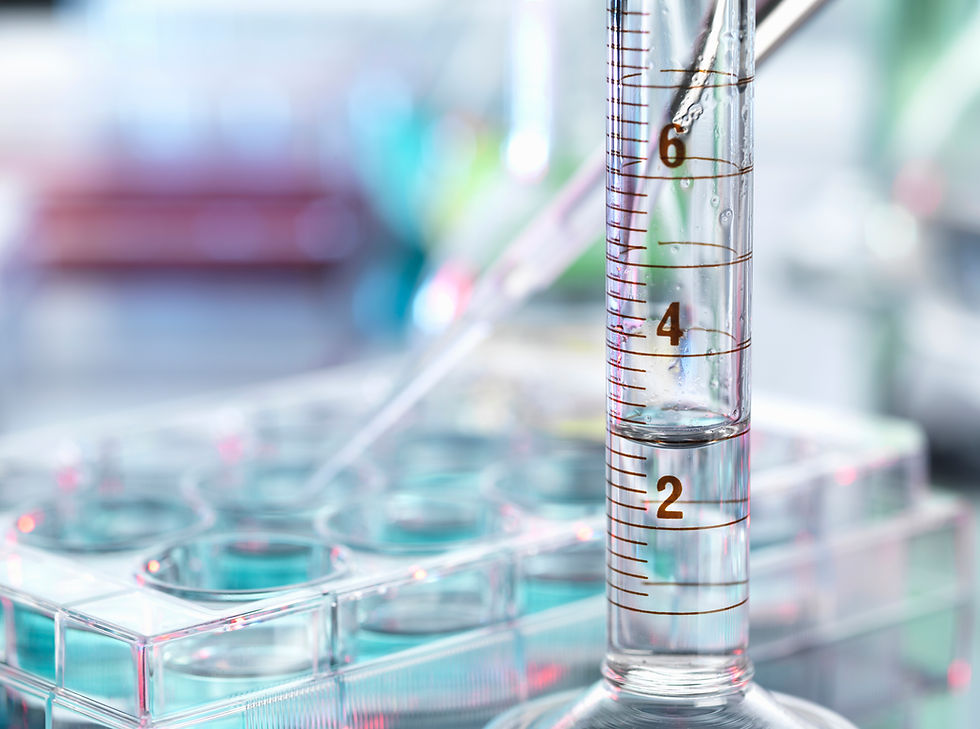
AdvantiGen's proprietary high-throughput and reactivation technologies enable our customers to rapidly identify the high-value antibodies that are required for their processes even when the target antigens are difficult.
Specifically, our novel hybridoma protocol allows our team to produce significantly more antigen specific clones than standard fusion protocols. By using this methodology we have not only successfully identified antibodies against difficult targets but have also recovered valuable low abundance antigen specific clones that are missed using standard hybridoma technologies.
Utilizing our technology will increase the successful identification of your desired antibody and accelerate your development process.
Learn More About Our Antibody Technologies

Difficult Antibody Target Antigens
- Discontinuous Protein Epitopes
- Proteins with Extensive Glycosylation
- Targets with Post Translational Modifications
- Proteins with Single Amino Acid Substitutions
- Transmembrane Proteins
- Small Molecules or Drugs
- Highly Conserved Mammalian Proteins
- Molecules with Low Immunogenicity
- Antibodies (Generate Anti-Idiotype Antibodies)
Please contact us for further information or a quote.

Challenging Antigen Target Sample Data:
Anti-Immunoglobulin Antibody Isolation
The table below contains a summary of the results of three anti-immunoglobulin antibody screens performed by AdvantiGen team members. For each screen the fusions were first tested for antigen affinity. The 78 clones with the strongest signals were then selected and subjected to further analyses, including tests against control and experimental immunoglobulins to check for cross reactivity. The results of these secondary screens are summarized in the table below. For these screens, between 3-6% of the clones displayed affinity for the antigen, while only 2-3% of the clones were specific for the target antigen. Following this analysis the most promising clones were assessed further for those that met the client’s specifications and the best clones from each were then commercialized.

Challenging Antigen Target Example:
Anti-Idiotype Antibody Isolation

Three Types of Anti-Idiotype (Anti-ID) Antibodies. Type I non-paratope-specific anti-ID antibodies binds the target antibodies of interest but do not block the functions of the target antibodies. These anti-ID antibodies are not inhibitory. Type II paratope specific antibodies binds to the antigen binding sites of the target antibodies preventing the target antibodies from binding the target antigens. These anti-ID antibodies are inhibitory. Type III anti-ID antibodies recognize the antibody-antigen complex and only bind complexes composed of the target antibody and its antigen. These anti-ID antibodies are not inhibitory and allow the detection of the bound antigen.



